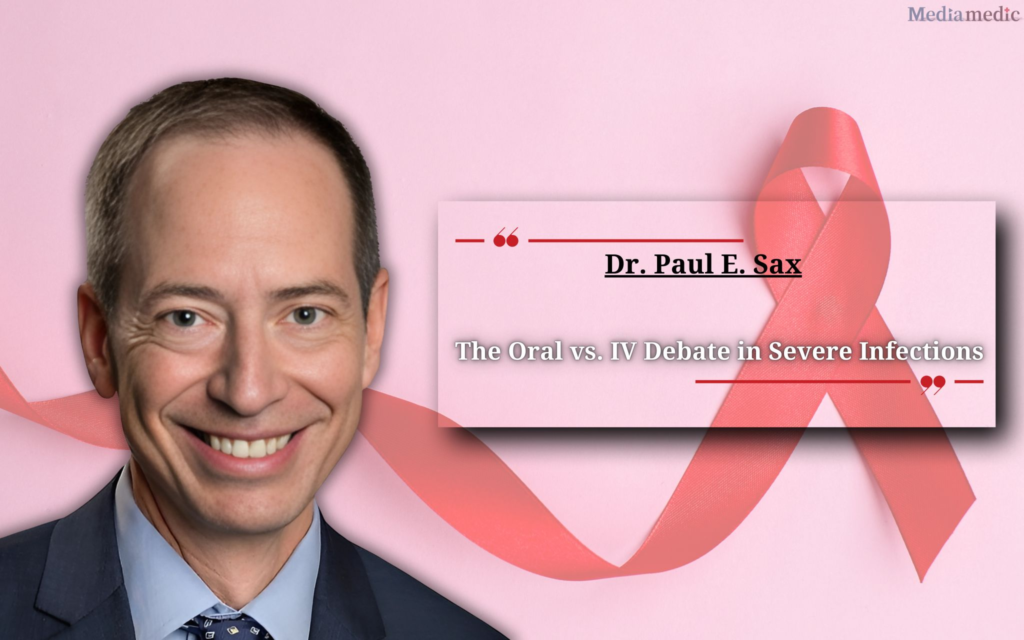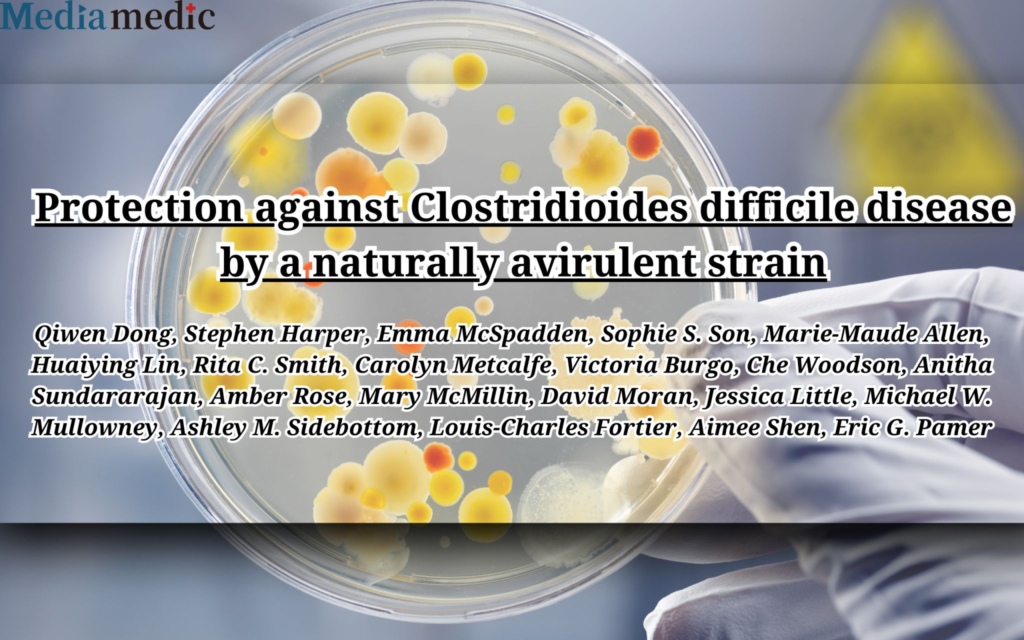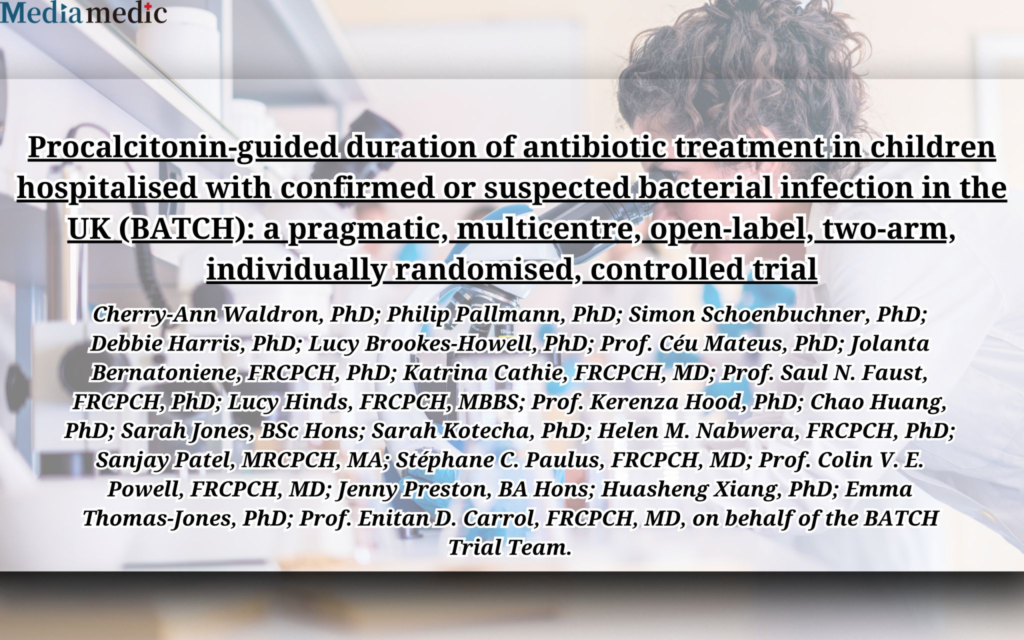Pneumococcal Pneumonia Trends in Adults: A Decade of Shifting Patterns (2013–2023)
A recent study published in BMJ Thorax highlights significant changes in the landscape of pneumococcal pneumonia among adults hospitalized with community-acquired pneumonia (CAP) over the past decade.
The data, drawn from a prospective cohort of over 5,000 patients, reveals that the proportion of CAP cases caused by pneumococcus has nearly doubled, rising from 36.4% in 2013 to 66.9% in 2023. Notably, serotype 3 has become the dominant strain, increasing from 13.4% to 48.8% during the same period.










